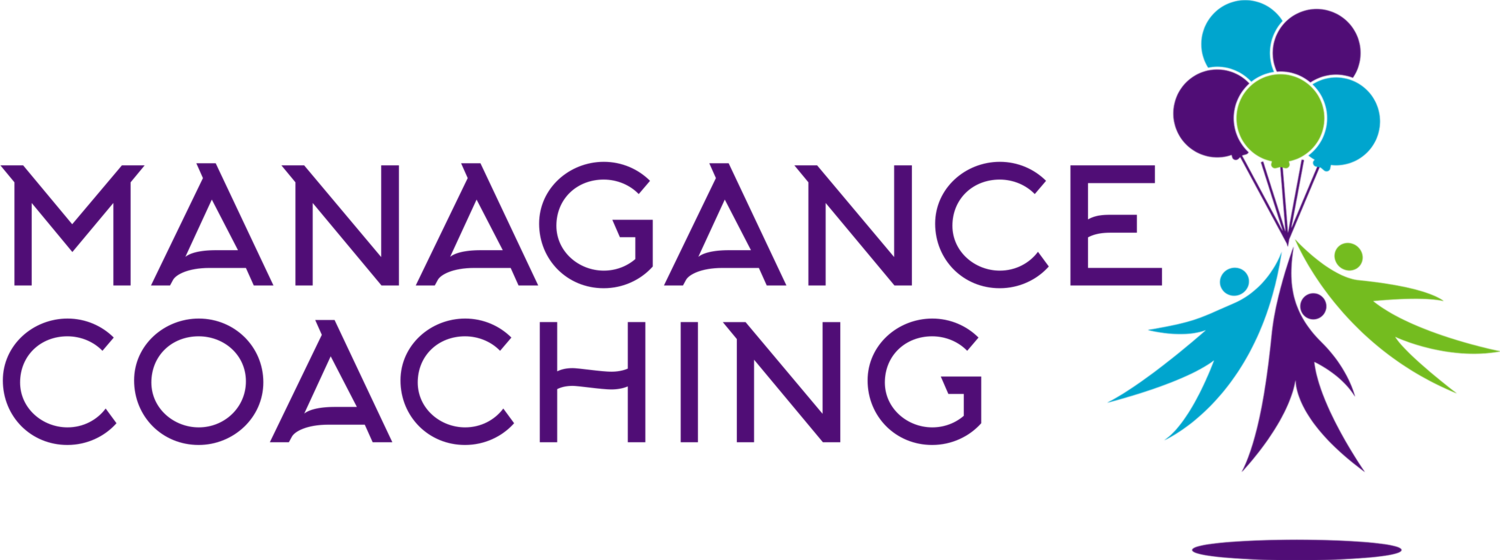“Challenge Is the Crucible of Greatness”
The title of this post is a quote from Jim Kouzes and Barry Posner.[1] To me, the definitions of the word “crucible” perfectly describe the opportunity leaders have when you shake things up for yourselves and your teams. A crucible is a pot where metals or other substances are heated to a very high temperature or melted. In that new form, we can work with them and change them into something else even stronger. A crucible is also a difficult test, a place or situation that forces people to change or make difficult decisions.[2] As Kouzes and Posner, my experience is that challenge is the opportunity for leadership. It’s the reason to want to be a leader at all.
I highly value harmony, and up until about a year ago, I had quite a limited view of the concept of conflict. I saw it as a necessary thing to minimize and to avoid all costs. Then, in partnership with a client, I read Death by Meeting, an insightful book by Patrick Lencioni about making meetings more meaningful.[3] My whole view of conflict shifted as a result. Lencioni describes conflict as unresolved tension, like the kind that drives every great movie script. Movies engage us because the tension draws us in and works us through the process of resolving it by the end. Lencioni explains that tension is the special sauce for good meetings. It keeps people at the table engaged. Otherwise, what would there be to discuss? He has a point! So, I expanded my view, and I feel less afraid of conflict. I now see it as something to work through, and my job as a leadership coach is to create the conversation that helps that happen.
In your leadership, you have a chance at getting to your next level of “greatness” when you actively seek out challenges that test your skills and abilities. It’s in the unresolved tension and the learning from working through it that takes you to the next level. Any challenge creates discomfort and uncertainty. William Bridges, in his work on transitions, calls this uncomfortable space “the neutral zone.”[4] It’s the place where you don’t know quite what to do next, where your footing feels unsteady, where you have many more questions then you have answers, and where your experience may not even really count. As adults, we don’t like the feeling of not knowing. However, when we move through the neutral zone to a new place of knowing, we understand how the challenge made us better.
Seeking out challenges could be as easy as noticing something that has been going on in your work for a long time and asking, does this way still make sense? It happened for a couple of manager leaders I coached. When they noticed a pattern of spending most of their time at their desk answering emails, instead of being in the field working in person with their staff, they challenged themselves to make a change. It might happen by opening up yourself, your team or your organization to an assessment that reveals gaps or deficits about which you weren’t previously aware. It happened for a client that invited all staff to participate in a workplace climate survey and got results back that revealed staff are not as engaged and satisfied in their work as the leadership team thought. Or it might happen by committing to learning a new set of tools and methods that could forever change what you do and the way you do it. It happened for clients when they decided to elevate from a fundraising management database to client relationship management technology integrated with their accounting system that will take their whole approach to donor connections and financial accountability to the next level.
No matter where you are in your leadership experience or what position you hold, leadership comes with a responsibility to stretch, grow and change. It comes with the responsibility to be on the lookout for things to question with purpose. This purpose isn’t to create fear in yourself or others. It’s the opportunity to continuously be prepared to more effectively respond in difficult and uncertain times that are often never far away. It’s the opportunity to strengthen your capacity always to see what’s possible and to stay on your leading edge.
Leaders aren’t born they are made. And they are made just like anything else, through hard work. And that’s the price we’ll have to pay to achieve that goal or any goal.
–Vince Lombardi
[1] Kouzes, J. & Posner, B. (2012) The Leadership Challenge. (5th Ed.). San Francisco, CA: A. Wiley Brand, p. 19.
[2] crucible. (n.d.). Merriam Webster Dictionary. Retrieved November 28, 2017 from https://www.merriam-webster.com/dictionary/crucible.
[3] Lencioni, P. (2004) Death by Meeting: A Leadership Fable. San Francisco, CA: Jossey-Bass.
[4] Bridges, W. (2009) Managing Transitions: Making the Most of Change (3rd Ed.). Philadelphia, PA: De Capo Press.
